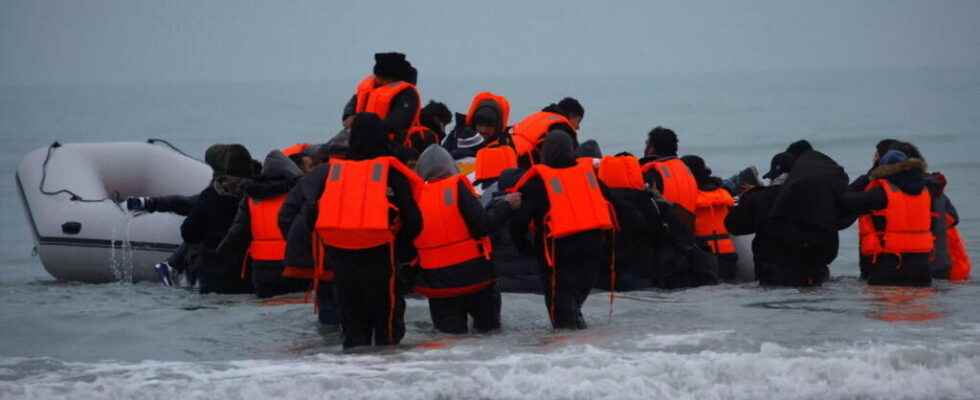On February 4, 2003, France and the United Kingdom signed the Le Touquet agreements, with the aim of regulating the flow of migrants crossing the Channel from Calais. Twenty years later, illegal crossings have reached record levels and the agreement has been denounced by several associations.
On paper, the Treaty of Le Touquet stems from a simple idea: relocate the British border to France, at the point of embarkation of potential refugees, thus allowing migrants to avoid a dangerous crossing, and England to ensure checks outside its territory.
Twenty years later, 300 people have died near this border, hundreds of others have disappeared at sea, and these agreements have ultimately had more undesirable effects than positive ones.
Very expensive, they have not made it possible to stem the flow of migrants and the creation of new camps near the axes of communication to Great Britain, as in Calais. Worse, last year, more than 45,000 people tried to cross the Channel in makeshift boats, which represents the record of attempts.
Brexit and the recent exit of the United Kingdom from the European Union has made the problem even more thorny. Some French elected officials, such as the mayor of Calais, even wish to enter into a real showdown with the English to revise these agreements.
For their part, on this anniversary date, several associations, such as Médecins du Monde, are asking the French government to denounce the Treaty of Le Touquet.
► To read also: France is pushing for a new migration agreement between the EU and the United Kingdom
